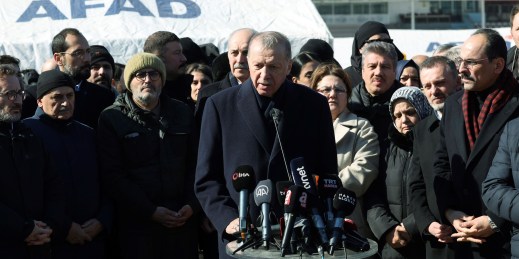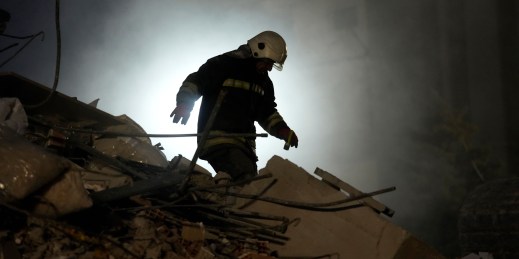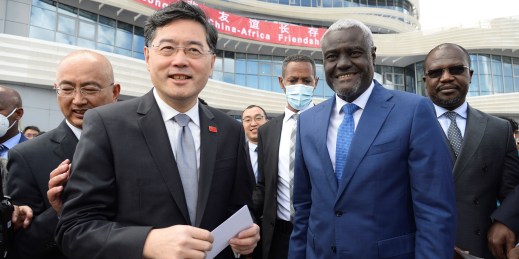
Two earthquakes on Feb. 6 have so far killed more than 35,000 and injured tens of thousands more in southern Turkey and northwestern Syria. But while the disasters were natural, not all of the fallout was: The humanitarian catastrophe caused by the earthquakes has been worsened by corruption, politics and geopolitical rivalries.


